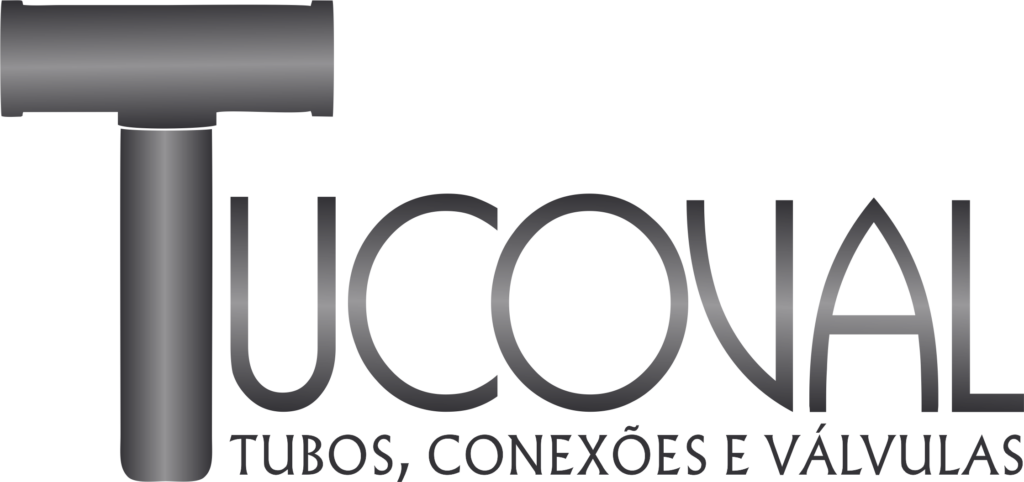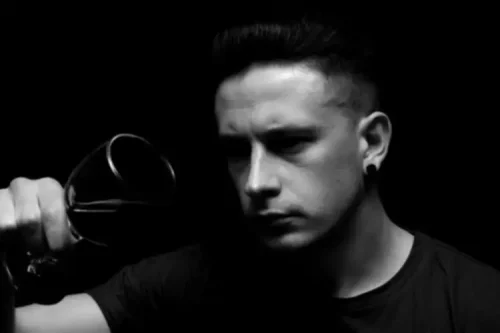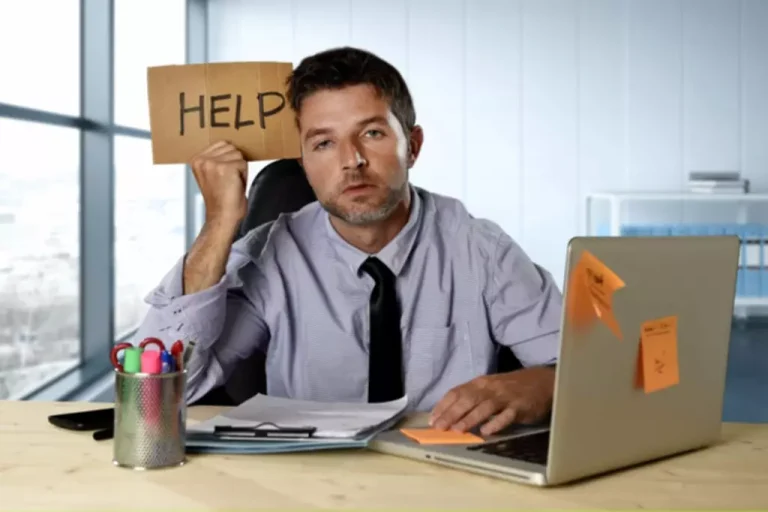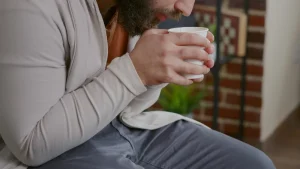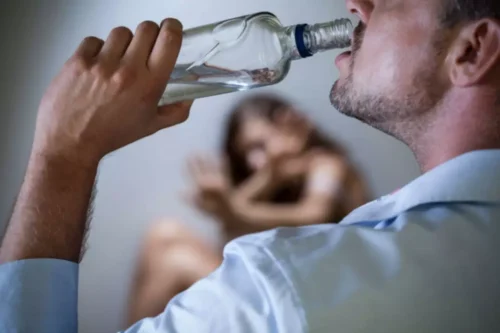Understanding these risk factors will help you to avoid the potential risk of relapse during or following recovery. Mental relapse is the second stage that occurs before a cocaine relapse. During this stage, the individual begins thinking about using cocaine again.
Managing High-Risk Situations
- High-risk situations refer to circumstances that increase the probability of relapse for individuals in addiction recovery.
- For instance, if you’re an alcoholic and a group of drinking buddies ask you to go out, or you see people from work going to happy hour, it might help to have a specific response ready.
- You may even be able to reach out to aftercare services offered by your treatment center and get a refresher session.
- The rumblings of relapse for the alcoholic/addict may find them quick to anger or more easily irritated then when practicing a clean and sober lifestyle.
- Medications can help you manage withdrawal symptoms before they trigger a relapse.
It is crucial to remember that everyone’s triggers may vary, and personalized strategies play a vital role in achieving long-term success. By being aware of these environmental cues, individuals in recovery can actively avoid or minimize their impact. Building a strong support network and engaging in activities that promote a healthy and substance-free lifestyle are vital for effectively managing and overcoming these triggers. Understanding the importance of relapse prevention is crucial in the journey of addiction recovery. This section will explore how relapse prevention supports recovery, the different stages of relapse, and key components in developing a prevention plan. Learning what one’s triggers are and acquiring an array of techniques for dealing with them should be essential components of any recovery program.
Relapse Prevention Plan: Techniques to Help You Stay on Track
Physical relapses are one of the most challenging stages of relapse to overcome. In many cases, users cave to drug use during a window of opportunity and falsely believe it will cause no harm. Former drug or alcohol users are in denial during emotional relapse, but they do not have thoughts of using.
Relapsing into cocaine use
Family and friends who use substances put people in recovery in a perilous situation where they may be tempted to accept a drink or consume a drug. Even people who don’t use illicit drugs can be a trigger threat to someone in recovery. There are two main types of triggers to be aware of — internal triggers and external triggers. External https://ecosoberhouse.com/ triggers are often easier to identify, as they are people, places, things and activities that make someone want to use drugs or alcohol again. Internal triggers can be more difficult to identify as they are feelings that are often complex. Addiction happens because the use of drugs or alcohol makes a person feel better in some way.
Environmental cues play a significant role in triggering relapse for individuals in recovery from addiction. These cues can vary from person to person; however, understanding them is essential for developing effective strategies to prevent types of relapse triggers relapse. Relapse is most common in the early stages of sobriety, and this is when relapse prevention is the most important. Discovery Institute is dedicated to providing patients with the best treatment in conjunction with medical detox.
- Triggers in addiction recovery can include things, people, places, or words that spark an intrusive thought or emotion, usually due to an association with a traumatic experience.
- It’s not just negative events that can result in addiction relapse triggers.
- Substance abuse treatment aims to help individuals recognize the early warning signs of relapse and develop healthy coping skills to thwart a potential relapse.
- Clinical experience has shown that occasional thoughts of using need to be normalized in therapy.
Exposure to Substances
Mental relapse, or relapse justification, is the continuous fight between wanting to use and knowing you should not use. Individuals often underestimate the dangers of situations and fall into the trap of single-time use. They give themselves permission to use substances in a controlled way, but the frequency of use generally increases until they fully relapse. Discussions often revolve around dealing with everyday situations without turning to substances.
